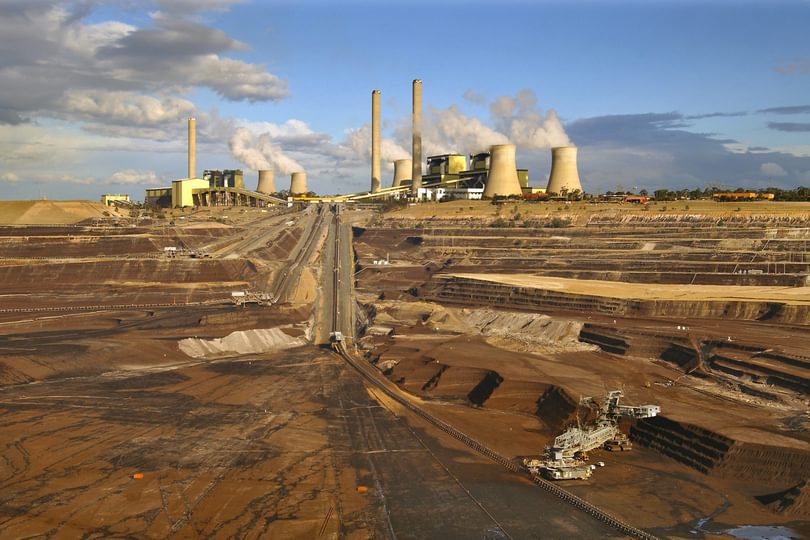
Researchers from the University of Oxford, the University of Queensland and Princeton University, have developed a new model for businesses to measure their progress to meet the Paris Agreement, discovering that some companies are not on track to meet net zero by 2050 despite public statements and climate commitments.
The study, which was published in Nature Communications today, created a new framework for carbon performance management, to better align companies with the Paris Agreement and provide investors with better transparency.
Dr Matthew Ives, an economist for the Oxford Martin Programme on the Post-Carbon Transition believes the study findings are a landmark moment in the quest to bring accountability to the Paris Agreement goals. He says, “The Paris Compliant Pathways (PCP) framework we have created allows companies, investors, and other stakeholders to strictly evaluate companies’ performance against the goals of the Paris Agreement - to keep average global warming well below 2 degrees above pre-industrial levels.
“The further away a company is from its PCP, the greater its non-alignment with the Paris Goals, and the more potential exposure it has to transition risk and the devaluation of assets.”
Current pathway modelling creates discrepancies, leaving many corporations claiming to be Paris-compliant at high risk to investors during their decarbonisation transition.
Dr Saphira Rekker from the University of Queensland says, “Given that the current modelling frameworks fail to encompass a stringent below-2℃-decarbonisation pathway nor link this pathway to a consistent starting point, we realised a new framework needed to be developed.
“It is alarming that when we applied our Paris Compliant Pathways (PCP) metrics to 10 Australian utility companies and 10 global cement sectors, only one out of the 20 corporations could claim to be Paris-Compliant – this low rate of decarbonisation exposes billions of investments to risk.”
Australian retailer Engie was the only company to pass. It retired all its coal-fired assets at the start of 2017 and plans to retire its remaining gas plants by 2037.
This low rate of decarbonisation exposes billions of investments to risk
The researchers also investigated decarbonisation pathways in the steel sector in a collaborative pilot with Norges Bank Investment Management (NBIM) – which manages USD 1 trillion in assets. After examining emissions data on 25 steel production companies, the researchers discovered that most of the enterprises had by 2019 already emitted more than their entire carbon budget allowance under a Paris-compliant pathway. This suggests that deep decarbonisation will be required this decade to meet “Paris-compliance”.
Princeton University researcher at the Andlinger Center for Energy and the Environment, Dr Chris Greig, says the PCP framework has created a new benchmark for carbon emissions transparency.
“Delving into publicly available reports, the analysis reveals the large gap between the ambitious pledges being made by many companies and their actual operations, but also that there is often insufficient data to verify alignment.”
“By partnering with more companies and financial institutions, we hope that we can expand our coverage and improve the ability to track alignment with the Paris goals.”